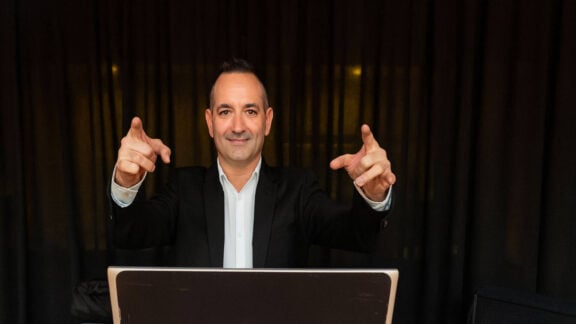The Royal Commission into Family Violence is looking at a recommendation to redefine the concept of family violence, giving the elderly the right to take out intervention orders against emotionally abusive family members.
Figures put forward by Seniors Law, a legal services company catering to elderly Victorians, say that close to 42,000 pensioners in the state are experiencing abuse of some kind often related to financial dealings.
Overwhelmingly perpetrated by relatives, they report at least 25 per cent of the matters they assist their clients with involve property, equity and trust issues.
“The most common form of elder abuse we see is financial, comprising 68 per cent of all elder abuse matters,” said Senior Law’s submission to the commission.
The Australian Greek Welfare Society’s Deputy Director, Tina Douvos-Stathopoulos, told Neos Kosmos the organisation had grave concerns that there are no mandated laws protecting the elderly from such behaviour.
“Our experience of older people does come in the form of financial abuse for some, but there’s also physical violence, particularly when children may have mental illness or may have addictions,” said Ms Douvos-Stathopoulos.
With emotional forms of abuse often being subtle, they can easily go undetected, which is why Seniors Law is pushing to broaden the Family Violence Protection Act.
If the recommendation gets the green light, elderly people will have the right to take out intervention orders for issues such as neglect and instances where they are being taken advantage of financially.
According to Seniors Law lawyer Faith Hawthorne, the organisation expects an even larger number of elderly people are experiencing abuse on some level, but are afraid to speak out.
If the royal commission accepts the recommendation, Ms Hawthorne said it will “normalise that behaviour as abusive, and that’s a good start”.
Meanwhile Ms Douvos-Stathopoulos says such legislation would be a step in the right direction, but she is uncertain how many would take full advantage of their legal rights.
“For many it’s very difficult for them to take that next step, to go to Senior Rights Victoria, or to go to the police. They don’t want to damage the relationship they have with their children or relatives, so that they’re not isolated and it doesn’t create more conflict. That puts them in a difficult position.
“It won’t come easily, they’re not familiar with the legal system, but it will redefine what it means for their relationships with their children, and that’s a good thing.”





